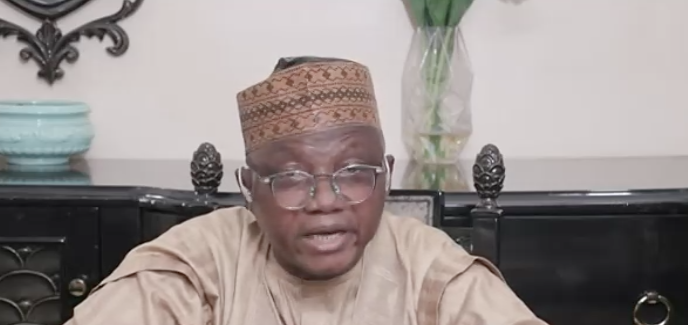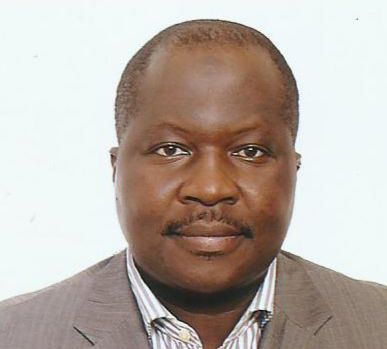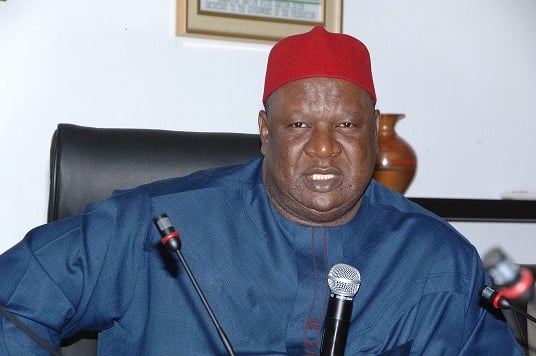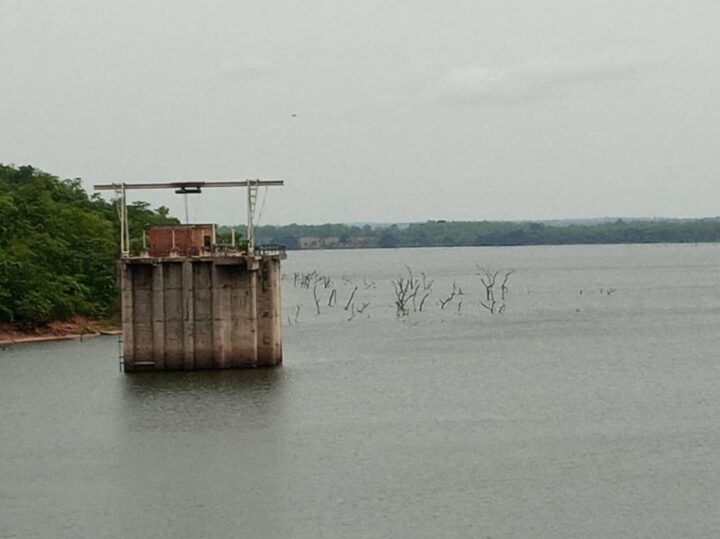The presidency has described a recent article by The Economist on Nigeria’s challenges as “flawed” and “anti-Nigeria”.
In the article which was published on Saturday, The Economist had criticised the federal government’s approach to insecurity, saying “when violence erupts, the government does nothing or cracks heads almost indiscriminately”.
The article had also criticised security agencies, and in its recommendations, said “to stop the slide towards lawlessness, Nigeria’s government should make its own forces obey the law”.
Reacting in a statement on Sunday, Garba Shehu, presidential spokesman, said while the article’s identification of the security threats facing Nigeria are “correct”, the present administration is the only government that has shown determination to fight insecurity.
Advertisement
“The Economist is correct: Nigeria faces four key threats to the stability and prosperity of the nation – namely: ISWAP/Boko Haram terrorism in the North-East; kidnapping and crime in the North-West; herder-farmer disputes in the central belt; and the delusions of IPOB terrorists in the South-East,” Shehu said.
“The Economist is also accurate to state that they have come to a head under President Buhari and the All Progressives Congress (APC) administration. Yet they do so, because for so long, under previous administrations, whether military or democratic, tough decisions have been ducked, and challenges never fully met – with the effect of abetting these dangers and allowing them all to fester and grow. Today, all four threats are being fought concurrently and it is only this President’s administration which has finally had the will and determination to confront them.
“The Buhari administration has sought to push back terrorism which has been a threat for more than two decades since the first emergence of Boko Haram. It is only the Buhari administration that has now sought to intervene against the kidnapping and banditry that has been a simmering threat for far longer. It is only this President’s government which has taken on IPOB, the violent terrorist group which bombs police stations and offices of security agencies, while also threatening those who break their Monday-sit-ins whilst claiming the mantle of forebears who half a century ago fought a civil war. And it is only the Buhari leadership which has sought – ever, in over one hundred years – to identify the root causes of the herder-farmer clashes and find durable solutions.
Advertisement
“The forms may have altered, and the threats posed by each may have waxed and waned, but what has been constant is that administration after administration since independence – whether military or democratic – none sought to fully address these threats to Nigeria as President Buhari’s government does now.
“Today, the military is engaged in almost all the states of Nigeria because the President has insisted upon addressing these decade-after-decade-long issues during his time in office.
“In the North, Boko Haram members – many of whom now fight under the breakaway banner of Islamic State’s West Africa Province (ISWAP) – have been pushed back. At the start of the President’s tenure, Boko Haram was launching attacks across the majority of the country – including in southern states and Lagos. Today, they are cornered and confined along with their ISWAP compatriots in our country’s outermost fringes of the border, unable to spread further.
“In the South-East, IPOB – which the Economist rightly describes as “delusional” – the arrest and present trial of the terrorist leader of the group is the beginning of its demise. The President’s administration is redoubling efforts to have IPOB rightfully designated as a terrorist group by our allies outside of Nigeria – an act which will collapse their ability to transact gains from crime and extortion in foreign currencies.
Advertisement
“It is important to remind the Economist and the global media that this group’s aggression and widespread presence on social media does not reflect their public support, for which they have none: all elected governors, all elected politicians and all elected state assemblies in the South-East – which IPOB claim to be part of their fantasy kingdom – reject them completely.”
On banditry, the presidential spokesman added that the attacks involving bandits have been “simmering for generations”, but “it is the newest of the organised threats Nigeria faces to her stability”.
While faulting the description of banditry attacks in the article, Shehu said criminals who have resources to shoot down military aircraft shouldn’t be referred to as “bandits”, but as “highly organised crime syndicates with huge resources and weaponry”.
He, however, added that while such organised syndicates are not different from insurgents, the current administration remain committed to addressing the situation.
Advertisement
“The Economist is correct: Nigeria faces multiple threats. They confluence now not because of this government; but on the contrary, it is this government which is addressing them concurrently, and simultaneously – when no other prior administration sought to adequately address even a single one. That is the difference between what has gone before and what we have now. It is why the President and his party were re-elected with’ an increased majority in national elections two years ago,” he added.
Advertisement





